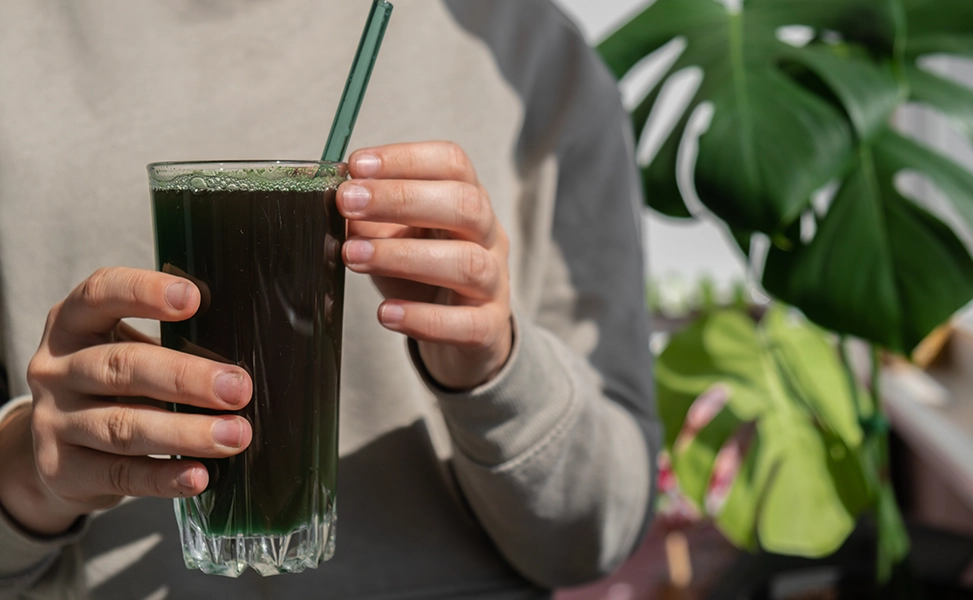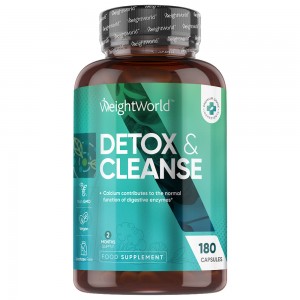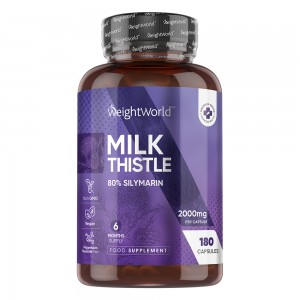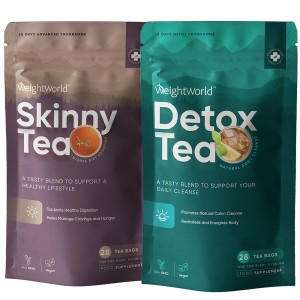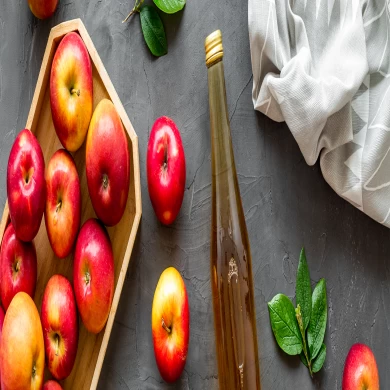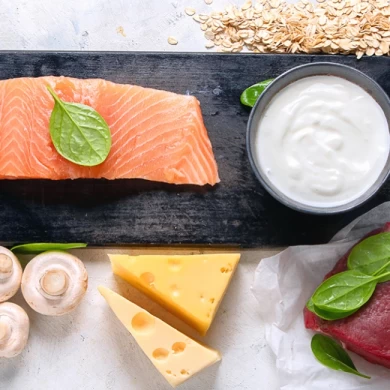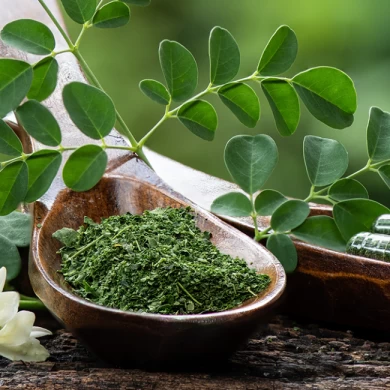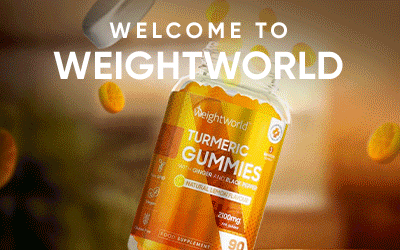All-Natural Supplements
GMP-certified and GMO-Free
Free UK Delivery
Enjoy free shipping on orders above £35
100% Customer Satisfaction
We offer a full 90-day money back guarantee
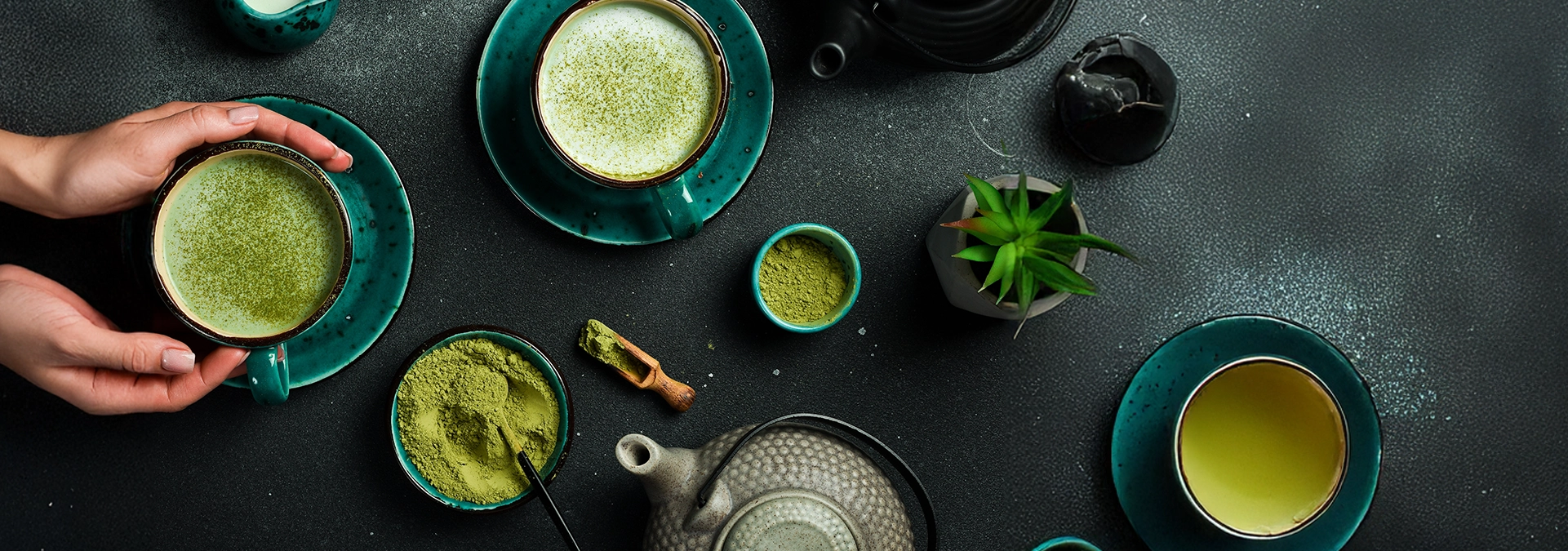
Weight Management
Does Matcha Have Caffeine? Here’s Everything You Need to Know
10 Min. Read 29 Oct 2024
On This page
- What Is Matcha?
- What Does Matcha Taste Like?
- Does Matcha Contain Caffeine?
- How Much Caffeine Is in Matcha?
- How Much Matcha Should You Consume?
- How to Choose a Good Matcha Tea?
- WeightWorld Certified Organic Matcha Tea - 100g Powder
- Caffeine in Matcha vs. Regular Green Tea
- 7 Reasons to Switch to Matcha
- Final Say
- FAQs
- Sources
Matcha tea is gaining popularity among health enthusiasts for its vibrant colour, unique flavour, and notable health benefits. But one question that often arises is, "Does matcha have caffeine?" Whether you're a coffee lover seeking an alternative or just curious about this powdered green tea, it's essential to understand its caffeine content and how it compares to your typical brew.
In this piece, we’ll explore everything from what matcha is to how much caffeine it contains, and we’ll answer questions like "Is matcha better than coffee?" and "Does matcha latte have caffeine?" We’ll also dive into the benefits of switching to matcha, helping you decide if this ancient tea deserves a place in your daily routine.
What Is Matcha?
“Does matcha have caffeine?” - that’s the question of the day. But first, what is matcha? Matcha is a kind of powdered green tea originating from Japan. It’s made from the leaves of the Camellia sinensis plant, which are carefully shade-grown, harvested, steamed, and then ground into a fine powder.
Unlike regular green tea, where the leaves are steeped and then discarded, matcha involves consuming the whole leaf, which results in a higher concentration of antioxidants, vitamins, and, yes, caffeine.
What Does Matcha Taste Like?
Matcha has a distinct flavour that’s often described as grassy, earthy, or slightly sweet with a lingering umami taste. High-quality matcha is smooth, whereas lower-grade matcha can have a more astringent or bitter flavour.
Many people find that they develop a taste for matcha over time, and it’s commonly consumed in the form of lattes, smoothies, or simply whisked into hot water. But, does matcha have caffeine?
Does Matcha Have Caffeine?
Yes, matcha does have caffeine, but it's quite different from the caffeine found in coffee. If you’re considering a switch from your regular coffee habit, this might be a point of interest. Unlike the quick spike in energy you get from coffee, matcha provides a calm, focused alertness.
This unique experience can be attributed to the presence of a natural amino acid called L-theanine, which works in harmony with caffeine to create a more sustained energy boost.
How Much Caffeine Is in Matcha?
You now have the answer to your query “Does matcha have caffeine?”. But, how much? The caffeine content in matcha varies depending on several factors, such as the grade of matcha and how much powder you use. On average, one serving of matcha (about 1 gram or half a teaspoon) contains roughly 35 milligrams of caffeine. In comparison:
- A standard cup of coffee contains 95 milligrams of caffeine.
- A regular cup of green tea has about 30 milligrams of caffeine.
Now, if you're wondering, “Does matcha latte have caffeine?”, then yes, it does. However, it depends on how much matcha powder is used in your latte. Typically, a matcha latte may contain anywhere from 30 to 60 milligrams of caffeine per serving.
How Much Matcha Should You Consume?
When it comes to matcha, moderation is key. Since it’s more concentrated than regular tea, a little goes a long way. For most people, one to two servings per day is sufficient to reap the benefits without overdoing the caffeine. This is particularly important if you're sensitive to caffeine or are switching from coffee to matcha.
Here are some guidelines for matcha consumption:
- Beginner: Start with half to 1 teaspoon per day.
- Regular drinker: 1 to 2 teaspoons per day.
- Matcha enthusiast: Up to 3 teaspoons per day (but monitor how you feel).
In this regard, people wondering about caffeine in coffee vs matcha, you have your answer here.
How to Choose a Good Matcha Tea?
Now that you are aware of the caffeine in coffee vs matcha, which matcha should you go for? Not all matcha are created equal, so choosing a high-quality matcha is paramount for both taste and effectiveness. Here’s what to look for:
- Colour: High-quality matcha should be a vibrant, bright green. Dull, yellowish tones indicate lower quality.
- Texture: The powder should be fine and smooth, not coarse or gritty.
- Origin: Authentic matcha often comes from Japan, especially from regions like Uji and Nishio, which are renowned for their matcha production.
- Grade: Ceremonial grade matcha is the highest quality, and best suited for traditional tea-making. Culinary-grade matcha is perfect for recipes, smoothies, and lattes.
When selecting matcha, ensure you purchase from a reputable brand known for its premium quality and authenticity.
WeightWorld Certified Organic Matcha Tea - 100g Powder
Why Choose Them?
Infused with aromatic and creamy matcha, our ceremonial-grade matcha tea offers long-lasting energy without the caffeine jitters of coffee and is perfect for natural weight management and body detox.
Our satisfied customers love it and have given this supplement an outstanding 5 out of 5 rating.
According to Beata -
“High quality matcha- very tasty and fine powder that is not overpriced!”
Looking for other forms of supplements to support your weight management journey naturally? No worries! At WeightWorld, you’ll get a wide range of premium and natural fat burners. Feel free to check them out and pick one that suits you best!
Caffeine in Matcha vs. Regular Green Tea
Earlier in this piece, you leart about caffeine in coffee vs matcha. But what about regular green tea? One of the main differences between matcha and regular green tea is how they're consumed. When you drink regular green tea, you steep the leaves in water and then discard them, which means you don’t consume the entire leaf. With matcha, you ingest the whole leaf in powdered form, resulting in three times more caffeine than regular green tea.
Moreover, thanks to the L-theanine content, matcha provides a calm, sustained energy compared to the sometimes jittery rush from coffee or even regular green tea. This makes it a fantastic option for those seeking a more focused and stable energy boost throughout the day.
7 Reasons to Switch to Matcha
Besides the content of caffeine in coffee vs matcha, there are other promising aspects as well. If you’re still on the fence about making the switch from your regular cup of coffee to matcha, here are seven compelling reasons to consider matcha as your new go-to drink:
1. Sustained Energy Without the Jitters
One of the biggest benefits of matcha is its ability to provide sustained energy throughout the day. Thanks to the combination of caffeine and L-theanine, matcha releases energy slowly and steadily. Unlike coffee, which can lead to a spike and crash, matcha offers a more balanced boost, leaving you calm yet focused.
This makes it ideal for anyone looking for a caffeine source that doesn't leave you feeling jittery. Plus, this makes the switch from coffee to matcha much easier for those sensitive to caffeine highs.
2. Packed With Antioxidants
Matcha is brimming with antioxidants, particularly a type of catechin called EGCG (epigallocatechin gallate). These antioxidants help neutralise free radicals in your body, protecting your cells from damage. In fact, matcha contains far more antioxidants than regular green tea, primarily because you’re consuming the whole tea leaf in powdered form.
This antioxidant boost can support your overall health, from improving skin quality to reducing inflammation
3. Boosts Metabolism and Supports Weight Management
If you want to maintain or manage your weight, matcha may offer a gentle nudge in the right direction. Research suggests that the catechins in matcha may help to boost your metabolism, increasing the number of calories you burn throughout the day.
While the impact might be subtle, combining matcha with a healthy diet and exercise can support your efforts in maintaining a healthy weight. The fact that matcha contains caffeine also helps enhance fat oxidation during workouts, making it a favourite for fitness enthusiasts.
4. Promotes Calm and Relaxation
The presence of L-theanine in matcha is what sets it apart from regular caffeine sources. L-theanine is an amino acid known for promoting relaxation and reducing stress without causing drowsiness.
This unique combination of caffeine and L-theanine in matcha helps you stay alert yet calm, making it perfect for situations that require focused attention - whether it’s work, studying, or even meditation. If you've been wondering, “Is matcha better than coffee?”, the ability to enhance relaxation while keeping you alert is a definite win for matcha.
5. Sharpens Mental Focus
Because of the L-theanine in matcha, this green tea powder is particularly effective at enhancing mental clarity and focus. Unlike the jittery bursts of energy from coffee, matcha provides a smooth, focused alertness, which makes it popular among professionals and students alike.
If you’re seeking a caffeine source that supports long-lasting concentration without the anxious side effects, matcha might be a better alternative to coffee.
6. Versatile and Easy to Prepare
Matcha can be enjoyed in various ways, offering versatility that suits your preferences. Whether you prefer a traditional hot tea, a refreshing iced latte, or adding it to smoothies and desserts, matcha fits seamlessly into your routine. Its powdered form makes it easy to incorporate into recipes, offering endless options for creativity.
If you’ve been wondering, “Does matcha latte have caffeine?”, rest assured it does, providing all the energy you need for your busy day.
7. Gentle on the Caffeine
If you’re looking for a caffeine fix without the intensity of coffee, matcha provides a gentler option. With matcha caffeine vs. coffee, you’ll find that matcha has less caffeine per serving, making it a better choice for those who are sensitive to caffeine or prefer a more moderate intake.
Yet, thanks to its slow-releasing nature, matcha delivers energy that lasts longer, giving you the best of both worlds.
Switching to matcha provides a natural and balanced way to enjoy caffeine, without many of the drawbacks associated with coffee. So, click here to find some effective ways to supercharge your self-care routine with matcha tea.
Final Say
Now that you know all about it, you will be able to answer the question “Does matcha have caffeine?” yourself. Having said that, it delivers a unique, balanced energy boost that stands out from the typical coffee experience. Whether you're seeking sustained focus, a calm yet alert feeling, or just a healthier alternative to coffee, matcha could be the perfect fit.
By choosing high-quality matcha from a reliable brand, you’ll experience not just its vibrant taste but also the wide range of health benefits it offers. In other words, incorporating matcha into your daily routine might be one of the simplest yet most impactful changes you make for your health.
So, why not give it a try and discover what makes this ancient green tea such a celebrated part of many wellness journeys?
FAQs
Yes, matcha powder does have caffeine, but it’s not as intense as coffee. It releases caffeine slowly, offering a smoother boost of energy without the jitters often associated with coffee.
When comparing caffeine in coffee vs matcha, coffee tends to have more caffeine. However, matcha offers a more sustained energy, so some people may find it more effective over time.
Yes, matcha can help keep you awake thanks to its caffeine content. Matcha provides gentler and longer-lasting alertness compared to coffee, making it a popular choice for many.
Many enjoy matcha for its smooth energy and unique flavour. It has less caffeine than coffee, making it a refreshing alternative for those seeking a lighter option.
Matcha is made from whole-ground tea leaves, which makes it more concentrated than green tea. Whether matcha is better depends on personal preference, especially in taste and caffeine levels.
Some people enjoy matcha as part of a balanced diet. While it’s a popular choice, there’s no definitive answer on whether matcha helps with weight management, as results vary from person to person.
Sources
- https://www.ncbi.nlm.nih.gov/pmc/articles/PMC5345575/
- https://pubmed.ncbi.nlm.nih.gov/16968850/
- https://pubmed.ncbi.nlm.nih.gov/19147161/
- https://www.academia.edu/29376190/L_Theanine_a_unique_amino_acid_of_green_tea_and_its_relaxation_effect_in_humans
- https://pubmed.ncbi.nlm.nih.gov/10584049/
- https://www.ncbi.nlm.nih.gov/pmc/articles/PMC8156288/
2000 mg 180 Capsules | 2000 mg 180 Capsules | For Inner Defences & Liver
2000 mg 180 Capsules | 2000 mg 180 Capsules | For Inner Defences & Liver
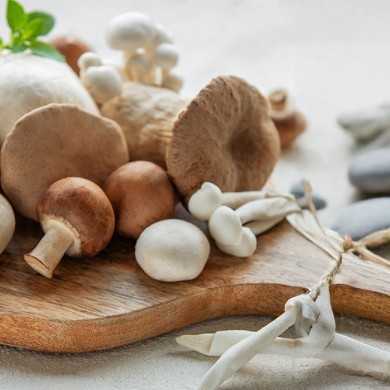
Next
On this page Is a Mushroom a Superfood? Can I Eat Mushrooms Every Day? What Are the Different Types of Mushrooms? Benefits of Including Mushrooms in Your Diet What Is the Most Nutritious Mushroom? The Nutritional Profile of Mushrooms When...
Most Viewed Articles
7 Proven Health Benefits of Apple Cider Vinegar What Is Apple Cider Vinegar? What Are...
On this page What Are the Top Vitamin B12 Foods? What About Vitamin B12 Supplements?...
On this page What Is Moringa? Moringa Leaves vs Moringa Seeds: Which Is Better? 13...
